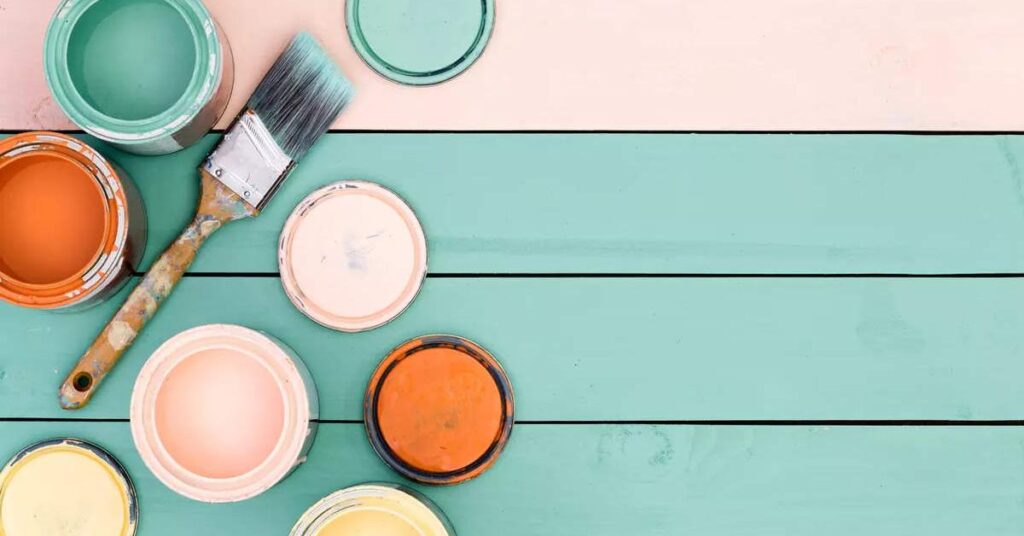Although it is different to the regular type of paint used within a domestic or commercial setting, many may not realise quite what sets masonry paint apart, and that’s where this brief guide comes in.
Before you start searching for industrial paint suppliers, check out the answers to the following frequently asked questions about masonry paint, below:
Q: What is masonry paint used for?
A: masonry paint is ideal for giving the majority of different masonry types, fantastic protection from damage caused by weather conditions. Helping your home and its brick or stonework look immaculate, it can also help keep it protected from rain, UV rays and mould. Many homeowners use masonry paint to give their home a more appealing look, but for older properties, it’s hard to ignore its protective qualities.
Q: Is masonry paint only to be used outside?
A: while you could use such a paint inside a building, it wouldn’t make a lot of sense as there is no requirement for it. Typically costing more than regular paint, there are no benefits associated with the use of masonry paint when used indoors, over standard paint.
Masonry paint is designed to allow exterior walls and outdoor masonry to breathe, and for water to be able to escape while still affording outstanding protection from the elements; both factors which don’t apply to the interior of a building, commercial, residential, or otherwise.
Q: What is the difference between regular paint and masonry paint?
A: thicker than standard paint, masonry paint isn’t such a way because it contains less liquid, but rather because it’s made from materials that are entirely different to those of regular household paint.
The majority of paints designed for interior use are water-based, and while masonry paint can also be, it does have additional chemicals added to it as well – such as resin – to help it offer an added layer of protection. With this in mind, most masonry paints are described as being water-based acrylics, rather than simply water-based.
Q: Can masonry paint be used on any surface?
A: masonry paints can be used safely and effectively on a variety of different surfaces around the exterior of a home, such as metal, brick, stone, plaster, pebble dash and concrete, and whatever your home is constructed from, it will likely be advantageous to give it a coat or two of masonry paint. That said, should your home be constructed from wood, a specialist paint or varnish may be more effective.
Q: Can masonry paint be sprayed on a surface?
A: yes, is the short answer. For painting larger exterior surfaces, such as walls, many people choose to use airless spraying devices, as they’re designed to cover large areas quickly with paint. If you do opt for a spray gun to apply masonry paint though, be sure to buy or hire a good quality one, and don’t forget to cover anything you don’t with to be painted with masking tape and paper! This can include windows and doors.
High quality masonry paint offers a range of exterior surfaces the protection it needs from both the elements, and general wear and tear, and also helps improve the aesthetic appeal of a structure.
